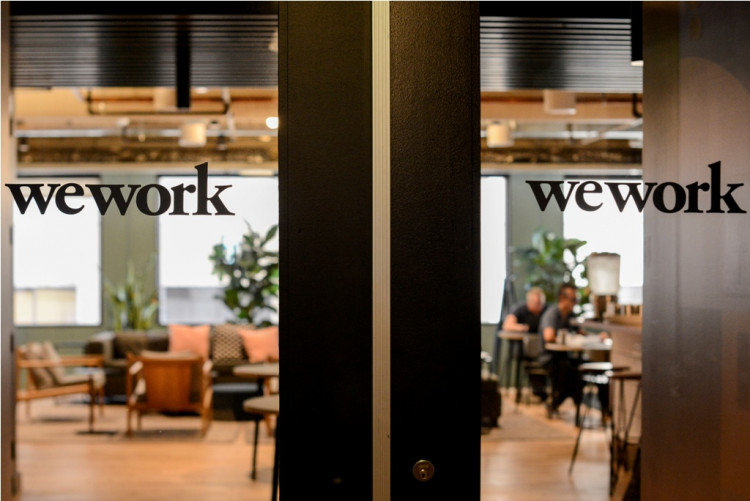Japan's SoftBank is reportedly looking to invest more billions of dollars into already struggling WeWork, sources revealed on Sunday. If the shared workspace firm accepts the rumored deal, the company could see its operational system overhauled.
Sources with knowledge of the situation told the Wall Street Journal that a financing package is ready for WeWork to grab, in a move that could completely sideline founder Adam Neumman.
Neumman already has his voting power diminished after continued scrutiny from potential investors and industry analysts who have been questioning the operations and voting dynamics in the startup.
Industry experts noted that if SoftBank completely owns WeWork, there is a good chance the company's operations will be overhauled so it could have a better shot at gaining the interest of investors.
The Japanese bank owns around one-third of WeWork but it could further enhance its voting power should the shared workspace company accepts the package the former has prepared.
It is unclear if there is an existing power battle within the company, but last month, some insiders revealed that the diminished power of Neumann as CEO was spearheaded by SoftBank CEO Masayoshi Son.
WeWork has been struggling to go public over the past months. Initially, the company was expecting a valuation of $47 billion. However, the initial public offering (IPO) was hampered due to increasing pessimism among industry analysts and investors.
Meanwhile, Son reportedly has a plan to revamp SoftBank's Vision Fund after investments for WeWork and other startups proved to have loopholes. The fund will now look at firms with better signals towards profits and stronger IPO chances.
While Vision Fund 1 is nearing its run in investments, Vision Fund 2 will have a slower approach before making investments in potential startups, sources familiar with the situation told CNBC late last week.
So far, Vision Fund 1 has 81 investments and around 85 percent of its $100 billion funds spent overall. The funds included investments on Slack, Uber, and WeWork. Apparently, these investments had lackluster performances and there was a lack of interest among investors.
Industry analysts noted that SoftBank may find it challenging to pinpoint companies that show good signs of profitability. Furthermore, the number of enterprises and individuals interested in pouring their cash on Vision Fund 2 may not be as big as its predecessor.
On the other hand, the potential of an evergreen component in Vision Fund 2 may attract some investors. If the component does come to life, limited partners can be provided with the option to recycle a select percentage of their profits if they want to keep investing.




